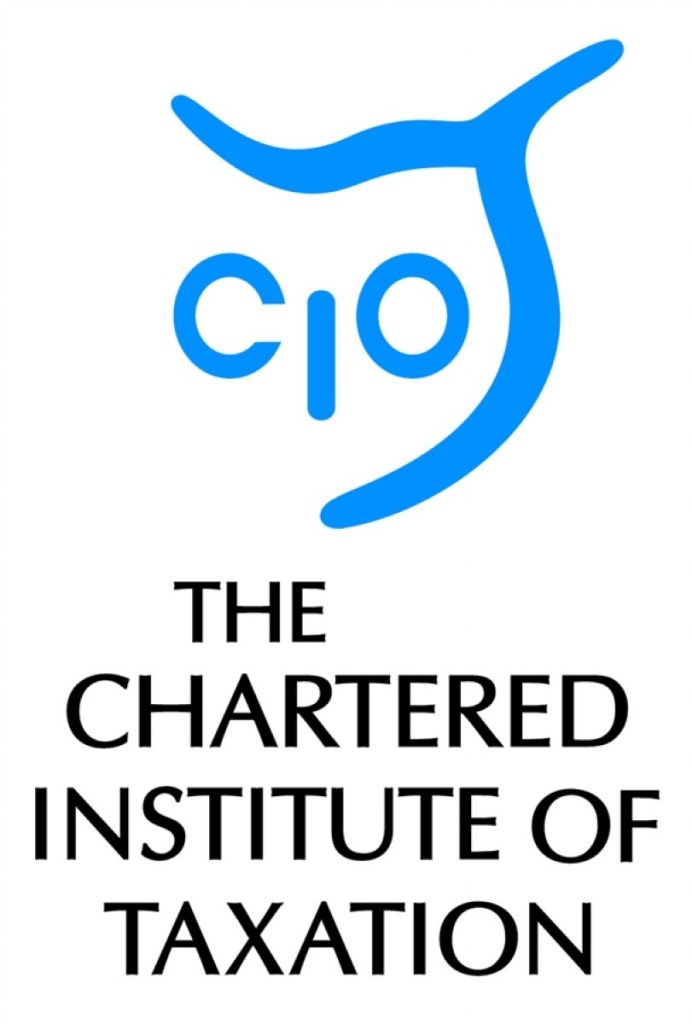Tax body fears that Apprenticeship Levy will disadvantage smaller businesses
The Chartered Institute of Taxation (CIOT) has called on the Government to rethink its approach to legislating for the Apprenticeship Levy because of a worry that smaller businesses may lose out by being unable to make full use of their £15,000 levy allowance.
The levy allowance will be available for businesses to offset against the planned Apprenticeship Levy to be introduced from April 2017. The Apprenticeship Levy will be calculated as 0.5 per cent of the pay bill, and where there is more than one employer in the business their pay bills will be added together1. But in these circumstances only one of the employers will be entitled to the levy allowance and any unused amount will not be able to be transferred to another employer in the business.
This will not affect larger businesses where at least one employer has a pay bill of over £3 million, but it will impact on smaller businesses where the aggregate pay bill exceeds £3 million but the pay bill of any one employer falls below that figure. As a result they may end up paying more Apprenticeship Levy than they would have done had they employed all their people through one employing company.
Colin Ben-Nathan, Chair of the CIOT Employment Taxes Sub-committee, said:
“We believe that this situation is unfair and that the levy allowance should be available for offset against the combined pay bills of all employers where aggregation applies. We would therefore urge the Government to reconsider the approach on this point.”
In its submission on the Apprenticeship Levy, the CIOT also said there is a risk of in-year overpayments because the levy allowance is to be pro-rated and allocated every month during the tax year2.
Colin Ben-Nathan added:
“It seems to us that a better option would be to adopt the same approach as for the Employment Allowance3 and allow the levy allowance to be claimed in full, up-front, so that the Apprenticeship Levy is only paid when the pay bill first exceeds £3 million. Administratively this would be much simpler for employers (and HMRC) as this would mean that there should be no in-year overpayments to be recovered from HMRC.”
Notes for editors
1. Aggregation will apply where one company is connected with another. A company is connected with another company if one company controls another or the same person or persons has control of both companies and in certain other defined circumstances.
2. The CIOT’s response to a consultation on the Apprenticeship Levy can be read here.
3. Employers that qualify can reduce the amount of secondary National Insurance Contributions (NICs) they pay for their employees by up to £2,000. This is called the Employment Allowance. This amount will increase to £3,000 from 6 April 2016.
4. At Budget 2015 it was announced that the UK-wide apprenticeship levy will come into effect in April 2017 across the UK, at a rate of 0.5 per cent of an employer’s pay bill. A £15,000 allowance for employers will mean that the levy will only be paid on employers’ pay bills over £3 million. More details on the levy rate and scope will be provided later this year.
5. The Chartered Institute of Taxation (CIOT)
The CIOT is the leading professional body in the United Kingdom concerned solely with taxation. The CIOT is an educational charity, promoting education and study of the administration and practice of taxation. One of our key aims is to work for a better, more efficient, tax system for all affected by it – taxpayers, their advisers and the authorities. The CIOT’s work covers all aspects of taxation, including direct and indirect taxes and duties. Through our Low Incomes Tax Reform Group (LITRG), the CIOT has a particular focus on improving the tax system, including tax credits and benefits, for the unrepresented taxpayer.
The CIOT draws on our members’ experience in private practice, commerce and industry, government and academia to improve tax administration and propose and explain how tax policy objectives can most effectively be achieved. We also link to, and draw on, similar leading professional tax bodies in other countries. The CIOT’s comments and recommendations on tax issues are made in line with our charitable objectives: we are politically neutral in our work.
The CIOT’s 17,500 members have the practising title of ‘Chartered Tax Adviser’ and the designatory letters ‘CTA’, to represent the leading tax qualification.





-01.png)